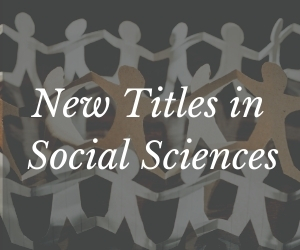System Upgrade on Tue, May 28th, 2024 at 2am (EDT)
Existing users will be able to log into the site and access content. However, E-commerce and registration of new users may not be available for up to 12 hours.For online purchase, please visit us again. Contact us at customercare@wspc.com for any enquiries.
This book provides a comprehensive review of China's experience in reform and opening up from political, social, and economic perspectives. It attempts to engage existing scholarly debates in three areas — first, how the party-state has evolved in the past four decades and whether it remains a Leninist system or has departed from this system; second, how public attitudes, values and behavior have been intertwined with institutional change, and how the state is expanding its welfare coverage to enhance regime legitimacy. Second, how China has attempted to explore new engines for its growth, with consideration towards environmental protection and technological progress.
Chapters in this book are selected from three years of conference presentations co-organized by the Institute of Public Policy (IPP) at the South China University of Technology and UNESCO. Since 2014, IPP and UNESCO have co-hosted a series of annual international conferences and invited leading scholars from China, Europe, and the US to discuss the major challenges to China and the world.
Sample Chapter(s)
Introduction
Chapter 1: China as an Innovative State and its Implications for the World
Contents:
- The Reform of the Party-State:
- China as an Innovative State and Its Implications for the World (ZHENG Yongnian)
- A Turning Point (Maybe) in Reform and Opening Up (Joseph FEWSMITH)
- Social and Political Mobility of State-owned Enterprise Executives in the Reform Era: The Rise of China's Supermanagers (Kjeld Erik BRØDSGAARD)
- Political Meritocracy and Democracy: Confucian Meritocratic Democracy? (HE Baogang)
- Mass Attitudes and Social Policy:
- Public Policy Satisfaction in Urban China: Evidence from Survey Data (TANG Wenfang and Dong "Erico" YU)
- The Chinese Voter: 1993–2013 (SHAN Wei and TANG Wenfang)
- China's Social Policy Reform: The Perspective of "Fragmented Developmentalism" (ZHAO Litao)
- Evolution of Poverty Reduction Strategies in Rural China (QIAN Jiwei)
- Development: Towards Green and Technology-Driven Growth:
- The Rise of New Green Industries: A Dynamic View of China's (and India's) Eco-Modernizing Experience (John A MATHEWS)
- China's Bet on Technological Progress as an Engine of Sustainable Growth (LU Ding)
Readership: Academics, policy-makers, professionals, undergraduate and graduate students, interested in Chinese philosophy and culture.
























